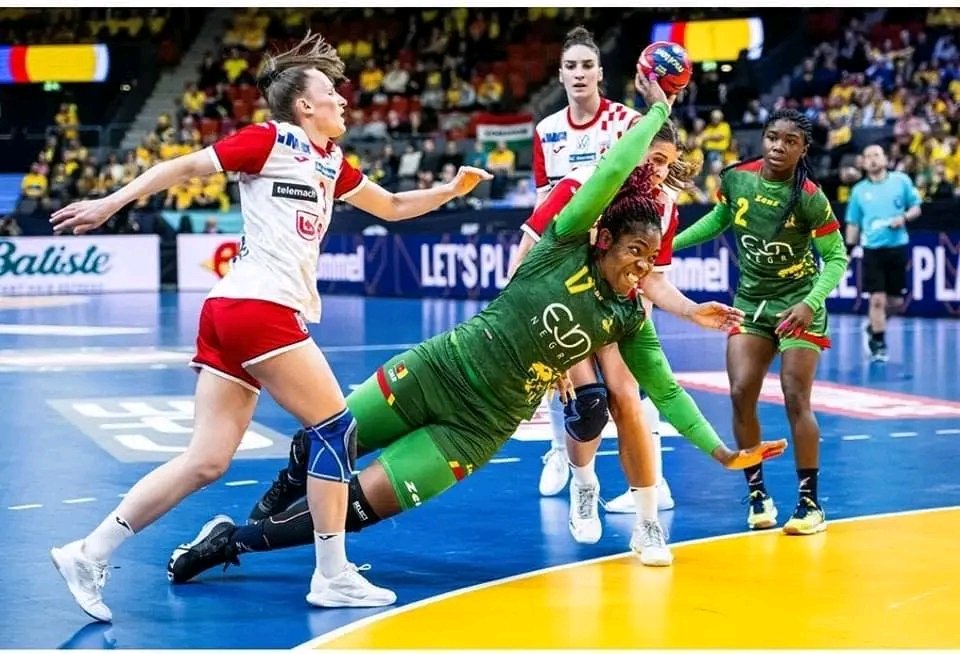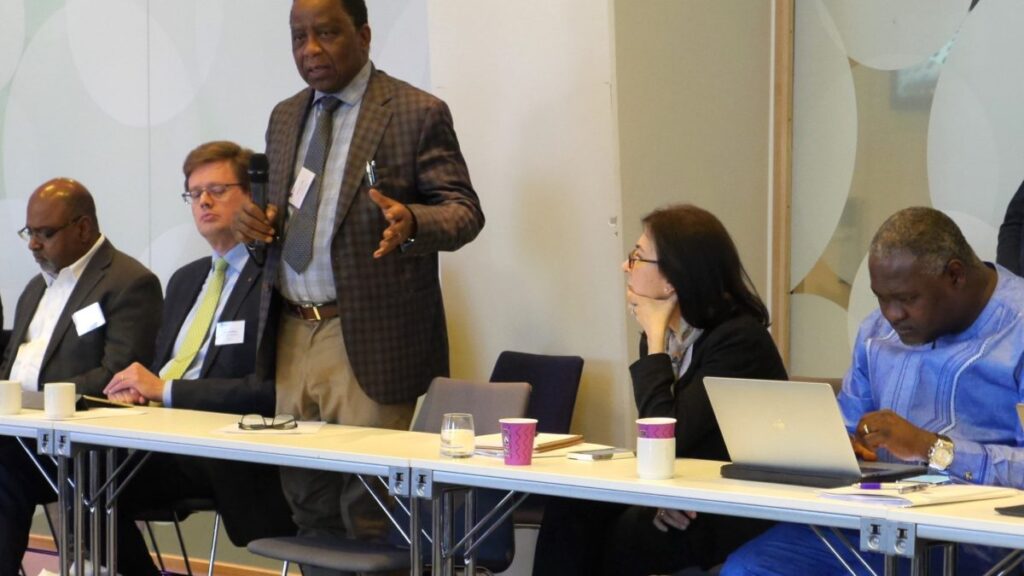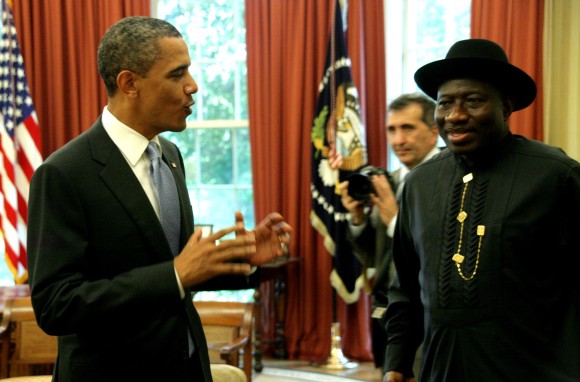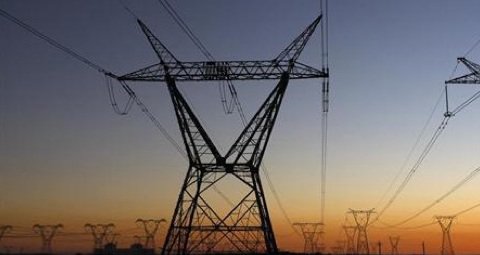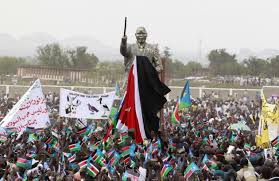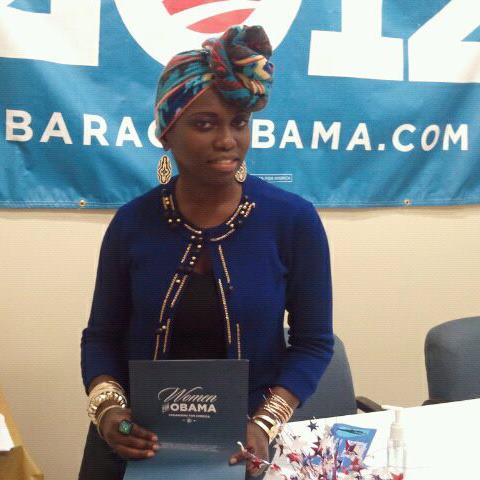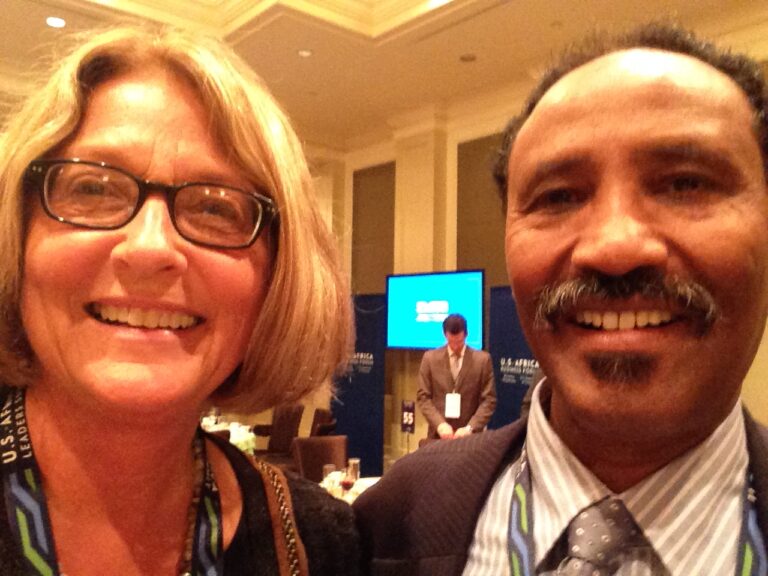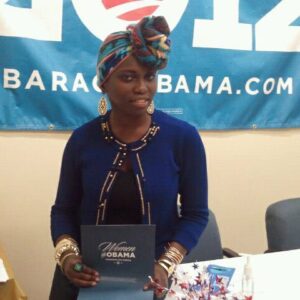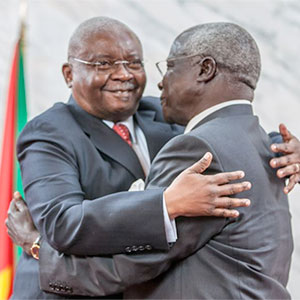 President Armando Guebuza of Mozambique might not be the most recognisable leader on the African continent. Few would be able to pick him out in a group photograph of Africa's strongmen.
Yet he has managed to do what many other African heads of state faced with similar circumstances struggle with: steer his country to elections and then step down in line with the country's constitution, despite a persistent armed rebellion.
Guebuza has not used the low-level insurrection started by the Mozambican National Resistance (Resistência Nacional Moçambicana, or Renamo) against his Frelimo (Frente de Libertação de Moçambique) government two years ago as an excuse to postpone elections and to cling to power, as he might have been tempted to do.
Instead, elections are going ahead this week and he is stepping down after two terms in power. On a continent where a number of heads of state are contemplating changes to their countries' constitutions to stay in power - and some even much longer than the constitutional mandate of two terms, like Burkina Faso's president Blaise Compaoré - Guebuza's decision to step down is the exception rather than the rule.
Analysts say he should be given credit for sticking to the election calendar and for negotiating a deal with Renamo leader, Afonso Dhlakama, who is one of three presidential candidates in the elections taking place on Wednesday, 15 October. Frelimo will be represented at the polls by former defence minister, Filipe Nyusi.
While Mozambique might have been a little-regarded, post-conflict country with its 26 million inhabitants relying largely on fishing and tourism, the stakes are suddenly very high. Recent finds of coal reserves, said to be of the most important in the world, as well as potential exports of liquid natural gas worth billions of dollars have propelled the country into a whole new league. If it manages its resources well, experts say, Mozambique could become a middle-income country in the decades to come.
Institute for Security Studies consultant Nelson Alusala says the Mozambican government deserves praise for its handling of the crisis that started when Renamo took up arms again in the last two years - nearly two decades after the end of the civil war in 1992. He says the government could easily have launched a full onslaught against the Renamo stronghold in the Gorongosa region, which could have plunged the country back into a civil war. Instead the government opted for a drawn-out negotiation process, which led to both parties signing an agreement on cessation of hostilities.
'Had there been an intention to derail the electoral process so as to prolong President Guebuza's rule, the government could easily have used Renamo's provocation to escalate the conflict, and so create a reason for the postponement of the elections,' he explains.
This did not happen, and apeace deal, which was signed on 24 August, permits Renamo to participate in the presidential and parliamentary elections on Wednesday. So far, election campaigning has been relatively peaceful.
As Mozambicans head to the polls, investors from Brazil to China - and certainly from South Africa, where the former state-owned company Sasol is heavily involved in the Mozambican gas sector - will be watching the election results very closely. Analysts believe that Frelimo, which has been in power since independence, will hold sway against the opposition parties.
The fledgling Mozambique Democratic Movement (MDM), however, is also likely to perform very well and could replace Renamo as the official opposition. Already during local elections in November last year, the MDM clinched two important urban centres (Beira and Quelimane), and gave the Frelimo mayor of Maputo, David Simango, a good run for his money. Frelimo won the capital city with 58% of the votes: down from 86 in the previous polls.
Alusala says that, by all accounts, Frelimo stands a high chance of winning Wednesday's elections. 'Renamo has a lot of baggage, because it still holds a residual armed force,' he says. 'Frelimo, on the other hand, is the only party whose leadership Mozambicans have known since the end of the civil war, and the party is associated with current development in the country. The fact that the government was able to draw Renamo to the negotiating table also counts in their favour.'
The real challenge will come in the post-election period. Since Renamo has not been disarmed, it could resort to violence if it isn't happy with the results. In a recently launched ISS policy brief, Alusala called upon all those candidates who lose the election to 'show leadership and character' by committing to maintain peace in the post-election period.
At the signing of the peace agreement between Renamo and the government, Dhlakama is reported to have said 'democracy was and always will be at risk if wealth is not equitably distributed to all Mozambicans'. Considering the instability that Mozambique has experienced the last two years, this doesn't sound like an idle threat.
Details are still scant as to what exactly had been agreed to in order for Dhlakama to come out of his hiding place in the dense forests of Sofala province, and participate in the elections. Whether some promise was made of future 'wealth sharing' is still not clear. Whatever the case, it is not only Renamo that is warning of the consequences of unequal distribution of Mozambique's phenomenal growth - which averaged over 7% in the past two decades.
In a report released in January this year entitled 'Generating sustainable wealth from Mozambique's natural resource boom,' the World Bank warns that social unrest could break out if the government does not use its newfound wealth to reduce poverty and improve the quality of lives of ordinary citizens.
Mozambican communities are some of the poorest in the world, with a high rate of malnutrition. (It is rated 185 out of 187 countries on the United Nations Human Development Index.) In September 2010, food riots in the country's urban centres led to the deaths of seven people, with up to 300 injured. The protests only subsided after the government agreed to subsidise bread prices.
The World Bank believes the government income from the extractive industries could be as much as US$9 billion in 2032 - a huge rise in revenue for a country with such a high poverty rate. To minimise the risk of instability, the bank advises Mozambique to manage public spending in a transparent way and 'with the participation of all stakeholders'.
Another study, done by the University of Oxford, describes the natural gas finds as a 'game-changer' for Mozambique. In time, these finds could make Mozambique the third largest exporter of liquid natural gas. 'Mozambique is a "real-time study" of how a country of modest financial means succeeds (or fails) in its quest to successfully assimilate unexpected resource wealth,' say the researchers in the April 2014 study. Whoever wins this week's elections will have a huge responsibility to make sure Mozambique succeeds.
Analysts and activists sounded similar warnings when the World Bank, in 2000, decided to finance a multi-million dollar pipeline to transport oil from impoverished Chad to the coast of Cameroon. Despite much pressure from the international community, the government of Chad's President Idriss Déby did not stick to its end of the bargain in managing the oil income in a democratic and transparent way. As a result, the World Bank withdrew from the deal in 2008.
Last week, 9 October, citizens in Chad's capital, N'Djamena, embarked on an unprecedented stay-away to protest against drastic rise in fuel prices. For Chad's poorest, the rise in the cost of living is a huge injustice, given the fact that the country exports oil.
Civil society organisations accuse the government of squandering the oil revenue, and not using it to reduce dire poverty in the Sahelian country. This is just another warning, from far across the continent, to Mozambique's rulers to use the country's natural resource wealth wisely.
*Source ISS.Liesl Louw-Vaudran is an ISS Consultant.
President Armando Guebuza of Mozambique might not be the most recognisable leader on the African continent. Few would be able to pick him out in a group photograph of Africa's strongmen.
Yet he has managed to do what many other African heads of state faced with similar circumstances struggle with: steer his country to elections and then step down in line with the country's constitution, despite a persistent armed rebellion.
Guebuza has not used the low-level insurrection started by the Mozambican National Resistance (Resistência Nacional Moçambicana, or Renamo) against his Frelimo (Frente de Libertação de Moçambique) government two years ago as an excuse to postpone elections and to cling to power, as he might have been tempted to do.
Instead, elections are going ahead this week and he is stepping down after two terms in power. On a continent where a number of heads of state are contemplating changes to their countries' constitutions to stay in power - and some even much longer than the constitutional mandate of two terms, like Burkina Faso's president Blaise Compaoré - Guebuza's decision to step down is the exception rather than the rule.
Analysts say he should be given credit for sticking to the election calendar and for negotiating a deal with Renamo leader, Afonso Dhlakama, who is one of three presidential candidates in the elections taking place on Wednesday, 15 October. Frelimo will be represented at the polls by former defence minister, Filipe Nyusi.
While Mozambique might have been a little-regarded, post-conflict country with its 26 million inhabitants relying largely on fishing and tourism, the stakes are suddenly very high. Recent finds of coal reserves, said to be of the most important in the world, as well as potential exports of liquid natural gas worth billions of dollars have propelled the country into a whole new league. If it manages its resources well, experts say, Mozambique could become a middle-income country in the decades to come.
Institute for Security Studies consultant Nelson Alusala says the Mozambican government deserves praise for its handling of the crisis that started when Renamo took up arms again in the last two years - nearly two decades after the end of the civil war in 1992. He says the government could easily have launched a full onslaught against the Renamo stronghold in the Gorongosa region, which could have plunged the country back into a civil war. Instead the government opted for a drawn-out negotiation process, which led to both parties signing an agreement on cessation of hostilities.
'Had there been an intention to derail the electoral process so as to prolong President Guebuza's rule, the government could easily have used Renamo's provocation to escalate the conflict, and so create a reason for the postponement of the elections,' he explains.
This did not happen, and apeace deal, which was signed on 24 August, permits Renamo to participate in the presidential and parliamentary elections on Wednesday. So far, election campaigning has been relatively peaceful.
As Mozambicans head to the polls, investors from Brazil to China - and certainly from South Africa, where the former state-owned company Sasol is heavily involved in the Mozambican gas sector - will be watching the election results very closely. Analysts believe that Frelimo, which has been in power since independence, will hold sway against the opposition parties.
The fledgling Mozambique Democratic Movement (MDM), however, is also likely to perform very well and could replace Renamo as the official opposition. Already during local elections in November last year, the MDM clinched two important urban centres (Beira and Quelimane), and gave the Frelimo mayor of Maputo, David Simango, a good run for his money. Frelimo won the capital city with 58% of the votes: down from 86 in the previous polls.
Alusala says that, by all accounts, Frelimo stands a high chance of winning Wednesday's elections. 'Renamo has a lot of baggage, because it still holds a residual armed force,' he says. 'Frelimo, on the other hand, is the only party whose leadership Mozambicans have known since the end of the civil war, and the party is associated with current development in the country. The fact that the government was able to draw Renamo to the negotiating table also counts in their favour.'
The real challenge will come in the post-election period. Since Renamo has not been disarmed, it could resort to violence if it isn't happy with the results. In a recently launched ISS policy brief, Alusala called upon all those candidates who lose the election to 'show leadership and character' by committing to maintain peace in the post-election period.
At the signing of the peace agreement between Renamo and the government, Dhlakama is reported to have said 'democracy was and always will be at risk if wealth is not equitably distributed to all Mozambicans'. Considering the instability that Mozambique has experienced the last two years, this doesn't sound like an idle threat.
Details are still scant as to what exactly had been agreed to in order for Dhlakama to come out of his hiding place in the dense forests of Sofala province, and participate in the elections. Whether some promise was made of future 'wealth sharing' is still not clear. Whatever the case, it is not only Renamo that is warning of the consequences of unequal distribution of Mozambique's phenomenal growth - which averaged over 7% in the past two decades.
In a report released in January this year entitled 'Generating sustainable wealth from Mozambique's natural resource boom,' the World Bank warns that social unrest could break out if the government does not use its newfound wealth to reduce poverty and improve the quality of lives of ordinary citizens.
Mozambican communities are some of the poorest in the world, with a high rate of malnutrition. (It is rated 185 out of 187 countries on the United Nations Human Development Index.) In September 2010, food riots in the country's urban centres led to the deaths of seven people, with up to 300 injured. The protests only subsided after the government agreed to subsidise bread prices.
The World Bank believes the government income from the extractive industries could be as much as US$9 billion in 2032 - a huge rise in revenue for a country with such a high poverty rate. To minimise the risk of instability, the bank advises Mozambique to manage public spending in a transparent way and 'with the participation of all stakeholders'.
Another study, done by the University of Oxford, describes the natural gas finds as a 'game-changer' for Mozambique. In time, these finds could make Mozambique the third largest exporter of liquid natural gas. 'Mozambique is a "real-time study" of how a country of modest financial means succeeds (or fails) in its quest to successfully assimilate unexpected resource wealth,' say the researchers in the April 2014 study. Whoever wins this week's elections will have a huge responsibility to make sure Mozambique succeeds.
Analysts and activists sounded similar warnings when the World Bank, in 2000, decided to finance a multi-million dollar pipeline to transport oil from impoverished Chad to the coast of Cameroon. Despite much pressure from the international community, the government of Chad's President Idriss Déby did not stick to its end of the bargain in managing the oil income in a democratic and transparent way. As a result, the World Bank withdrew from the deal in 2008.
Last week, 9 October, citizens in Chad's capital, N'Djamena, embarked on an unprecedented stay-away to protest against drastic rise in fuel prices. For Chad's poorest, the rise in the cost of living is a huge injustice, given the fact that the country exports oil.
Civil society organisations accuse the government of squandering the oil revenue, and not using it to reduce dire poverty in the Sahelian country. This is just another warning, from far across the continent, to Mozambique's rulers to use the country's natural resource wealth wisely.
*Source ISS.Liesl Louw-Vaudran is an ISS Consultant.
We will not Sell-Out by Phasing Out: African Negotiators Urged to Fight for Africa
For 2024: Should Africa De-Link From The West To Settle The Past Injustices?
The Shadow Masters: Cabals and the Whispered Governance of Nigeria
- Algeria
- Angola
- Benin
- Botswana
- Burkina Faso
- Burundi
- Cameroon
- Cape Verde
- Central African Republic
- Chad
- Comoros
- Congo Brazaville
- Congo RDC
- COTE D'IVOIRE
- Djibouti
- Egypt
- Equatorial Guinea
- Eritrea
- Ethiopia
- Gabon
- Gambia
- Ghana
- Guinea
- Guinea Bissau
- KENYA
- LESOTHO
- LIBERIA
- LIBYA
- MADASGAR
- MALAWI
- MALI
- MAURITANIA
- MAURITIUS
- MOROCCO
- MOZAMBIQUE
- NAMIBIA
- NIGER
- NIGERIA
- RWANDA
- SAHARAWI
- SAO TOME
- SENEGAL
- SIERRA LEONE
- SOMALIA
- SOUTH AFRICA
- SOUTH SUDAN
- SUDAN
- SWAZILAND
- TANZANIA
- TOGO
- TUNUSIA
- UGANDA
- ZAMBIA
- ZIMBABWE


